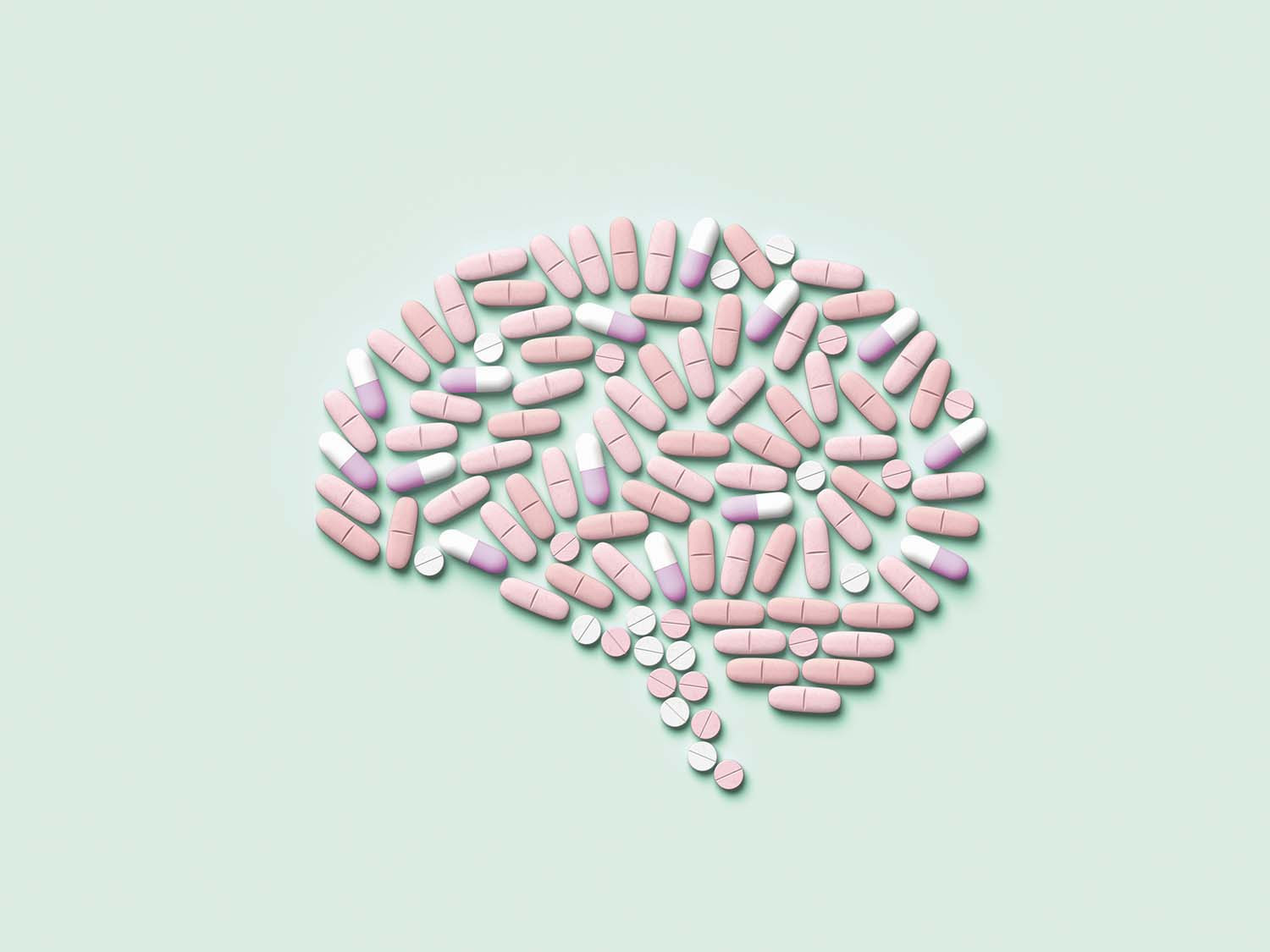Description
There is no cure for Alzheimer's disease, but medication can help manage the condition. Currently, the main drugs used to treat Alzheimer's are what's known as symptomatic therapies, meaning they ease symptoms but don't address the cause of the disease. These include cholinesterase inhibitors and memantine. A more recent entry into the field, lecanemab, may help slow the progression of the disease. Here's a look at how these medications work.

Lecanemab is administered every other week via an hourlong infusion. It is currently unknown whether a person must take it indefinitely.
- The drug's main risks are brain swelling and brain bleeding, so people who take powerful blood thinners are advised against taking lecanemab.
- These include cholinesterase inhibitors and memantine. A more recent entry into the field, lecanemab, may help slow the progression of the disease. Here's a look at how these medications work.

